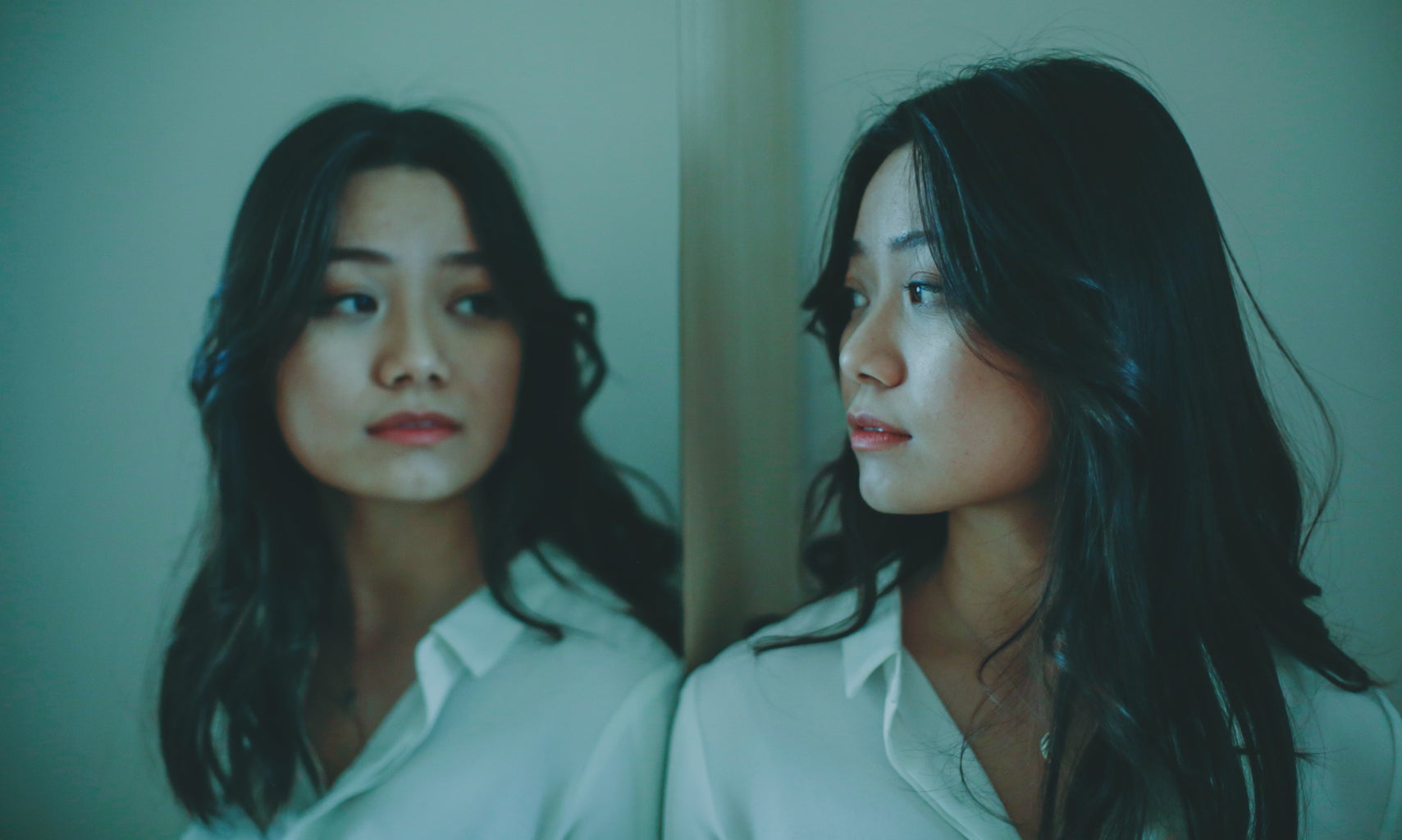“Just go to therapy.”
As a person of color, this is one of the most aggravating things I’ve heard throughout my life.
Mental health wasn’t a big conversation topic in my home. Not only did we not talk about it, but it was outright condemned. I was told that mental illness was just an excuse for laziness and people who had suicidal thoughts were attention seekers being dramatic. My dad would say, “back in Vietnam I had actual things to worry about, not this stupid mental health BS.”
So when I started to struggle with panic attacks, I was scared out of my mind and didn’t tell anyone. There must’ve been something wrong with me. I was the crazy one. I was the problem. Do you see why it took me seven years to get proper treatment for my anxiety? And by then, it felt too late. The anxiety already took over my teenage years.
When I finally told my mom that I needed a therapist and that all the anxiety methods online didn’t work, she asked if I really needed one. Then, she told me that it was $50/session, a sum of money we couldn’t afford. I knew about our financial situation, so I minimized my problems and moved on.
With just my experience, major flaws present in the struggle to access mental health resources are clear: stigma and neglect towards getting proper mental health help and institutional flaws in the mental health system (in this case, socio-economic barriers).
As a first generation Asian-American, the resistance against mental health is deeply rooted in Asian culture. This makes it difficult for people of color to voice their needs for several reasons. First, because they gaslight themselves into thinking their issues aren’t real issues. Second, because when they finally do speak up, they get shot down.
Institutional shortcomings and barriers is quite the large umbrella term. In this scenario, the mere $50 session shows how inaccessible therapy is for people in financial hardship. Black people make up 13.2% of the U.S. population, yet represent 23.8% of people in poverty, according to the U.S. Census. For those 23.8% of people in poverty, getting therapy isn’t their biggest priority. If they had to choose between two therapy sessions and a week’s worth of groceries, the choice is obvious.
Besides socio-economic inequality, other institutional flaws include the racism in the medical field that creates distrust from marginalized groups. The same healthcare system that has Black newborns dying at three times the rate of a white newborn is now asking for people of color to trust them— is it crazy for me to ask how? How can people of color, who have been affected by inherent bias and racism from our very own doctors, be asked to trust the therapists they’re given? Especially when 84% of psychologists in 2018 were white and could not understand people of color specific issues. A combination of minority distrust for the medical field and low socio-economic standing creates, one, a lower chance to receive help and, two, a lower quality of help.
I realize that this isn’t the case for all people of color— I came from a strong, middle class town on the Connecticut shore, and knew several POC who had access to not only therapists, but psychiatrists! Nutritionists! But again, it was a middle class town. Those people could afford therapists— they’re not the people I am talking about now.
The only reason I was able to get therapy was because of Boston University. Now, this isn’t a moment to shout hurrahs and boast about how great BU’s mental health programs are. The access to resources I had was life-changing, but more importantly, it was something I never had before. I only had these resources because I was lucky enough to attend higher education— something not everybody is fortunate enough to do.
I am a current freshman at Boston University. Boston is home to a minority population of 41.84%. This means that 41.84% of Bostonians, due to nothing more than their ethnicity and institutionalized racism, are already at a disadvantage when it comes to obtaining mental health resources.
How many more people of color and their children need to suffer before access for mental health resources becomes more universal? All humans deserve equal rights, including the right to have access to mental health resources.
Want to keep up with HCBU? Make sure to like us on Facebook, follow us on Instagram, check out our Pinterest board, and read our latest Tweets!




